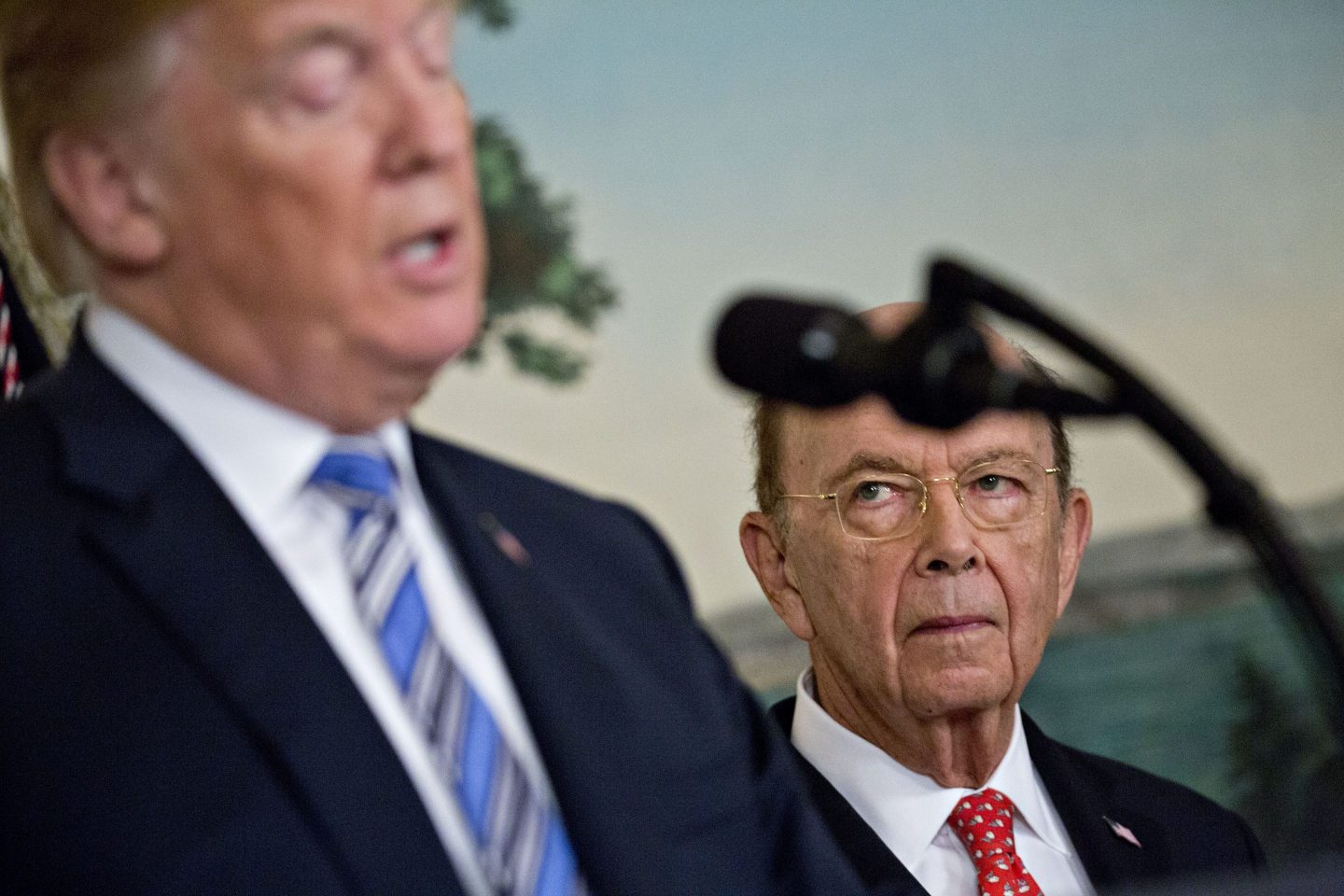China’s tightening grip on the minerals that power America’s high tech is no longer a distant geopolitical concern: It’s an economic threat already moving through U.S. Supply chains.
That’s the warning from Wilbur Ross, former U.S. Secretary of commerce under President Donald Trump, who says Beijing has learned how to use rare earth minerals as leverage over the United States, and may be preparing to weaponize supply chains even further.
“Rare earths are a very useful weapon for China,” the private equity mogul told Coins2Day in an interview. “For giving up a little bit of revenue, they are achieving a pretty good bang for the buck.”
China doesn’t control most of the world’s rare earth mines, but it does dominate the refining and processing systems where 90% of global capacity sits. These materials—about 17 obscure elements like neodymium and dysprosium—are essential inputs in electric vehicles, magnets, wind turbines, high-end semiconductors, F-35 fighter jets, and guided missiles.
Ross says U.S. Vulnerability has been building quietly for years, but only became visible after China introduced new export licensing requirements that he calls a “disguised rationing system.”
“They have imposed a registration process, which is just a way to mask the controls,” Ross said. “Who knows how deliberately slow they’ll make the approvals.”
In other words, Ross thinks China can now ration supply to U.S. Manufacturers, and do it without formally violating trade agreements.
“It’s a very effective weapon … and it attacks our high-tech things and our national defense needs.”
Factory shutdowns now a real risk
Ross warned that supply strain may start hitting U.S. Industry within six to 12 months unless trade tensions ease. Several automakers stockpiled rare earths at the start of the trade war, he said, but those reserves were only ever “a rounding error.”
“No one knows exactly how big the excess quantities of rare earths that American companies built up are,” he said. “But you probably would have some shutdowns if this standoff continues.”
Ford Motor has already publicly warned it could be forced to idle at least one factory if rare earth supplies tighten further. And while that would represent only a small portion of U.S. Capacity, Ross says it could mark the start of broader disruptions.
“Rare earths are used in fighter planes, rockets, all kinds of applications,” Ross said. “Basically anything that requires advanced semiconductors usually has some need for rare earths.”
Even small interruptions matter because of how heavily modern manufacturing depends on advanced chips. A typical U.S. Vehicle now contains 400–500 semiconductors, and EVs require even more—making rare earths a single point of failure for both the clean energy transition and national defense.
Ross: China has ‘no incentive’ to negotiate
Asked whether a trade resolution with China is realistic, Ross was skeptical.
“It’s not at all clear to me that China really wants a trade deal,” he said, adding that years of negotiations across both the Trump and Biden administrations have yielded “not a heck of a lot to show for it.”
Ross said Beijing sees no urgency to bargain.
“[President] Xi [Jinping] can continue portraying this as something the evil U.S. Is doing,” he said, explaining that China benefits politically from framing itself as the target of American aggression.
“So far, there hasn’t been enough pain inflicted on China for them to feel a need to get serious about negotiating.”
The next front may be even more volatile. Lawmakers in Washington have floated the idea of tightening advanced AI chip exports to China, but Ross warned that could set off a dramatic escalation.
“Putting an embargo is a pretty hard thing to do. That could very well be interpreted as an act of war,” he said. “If we did that, China might put a blockade on Taiwan.”
Such a move would cripple global technology markets overnight. Taiwan Semiconductor Manufacturing Co. (TSMC) makes more than 90% of the world’s most advanced chips, including those used in U.S. Defense systems and cutting-edge AI.
“That would be catastrophic,” Ross said.
Now, he believes the U.S. Is still playing catch-up in a minerals conflict that China prepared for years ago. Domestic processing plants are being built in the U.S. And Europe, he said, but they won’t be operational fast enough to eliminate short-term supply risk.
“We have a timing disconnect,” he said. “China is acting now.”











